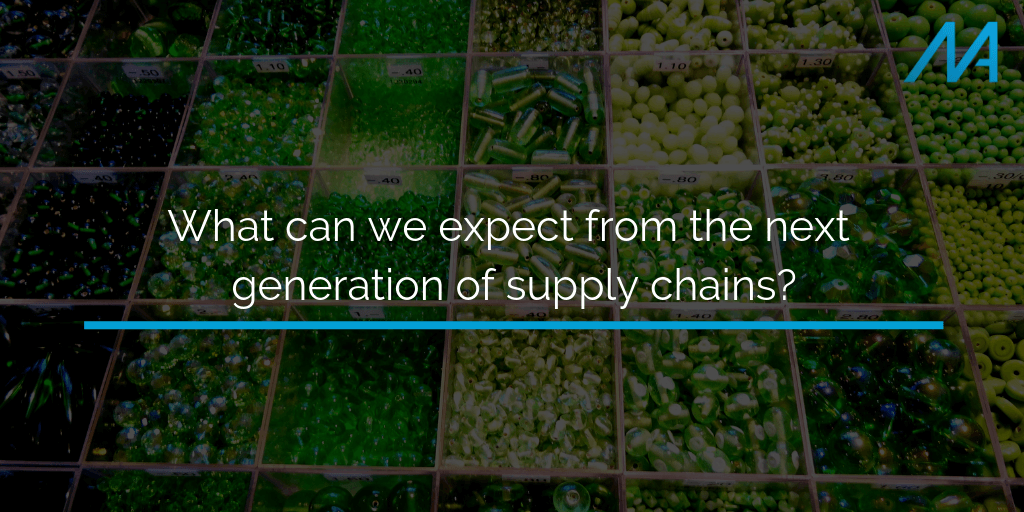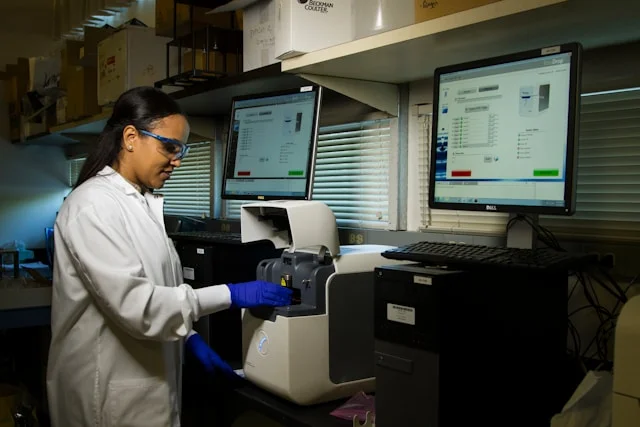What can we expect from the next generation of supply chains?
16 Nov, 20185 minsThe evolution of digital technology has transformed the world and the way we live in i...

The evolution of digital technology has transformed the world and the way we live in it beyond recognition in the past decade. Industries that have adapted and accepted those changes are prospering, but innovation is constant and must therefore be maintained. As a sector that relies on efficiency and productivity, the supply chain must continue to take strides forward if it is to operate to its full potential.
Unlike many other industries, transformation is nothing new to the supply chain. Although some are getting on board, that simply isn’t the case with the supply chain market. Innovation has been ever-present in the industry, and the most recent wave of change is merely another small step towards the target of maximum efficiency – the goal is the same as it has always been.
Optimisation
Big data is crucial to any business looking to optimise its processes in the digital age. Being able to accurately predict market trends and consumer habits to create a proactive approach, rather than a reactive one, reduces the wasting of both time and resources, but also stops you getting caught out. The use of Internet of Things devices, which can procure data and then relay it to relevant parts of the supply chain, allows for a huge increase in effectiveness.
These devices learn from the data they collect, but so can the management. Trends will be highlighted, whether that’s an increase in the number of products coming through the chain or that a particular resource is running low, allowing for the appropriate changes to be made. Whether that is on a daily basis, or the ability to analyse trends over the course of a month, quarter or year, it makes for a much smoother and more efficient process.
Customisation
DHL’s ‘Plug-and-play’ system is a great example of how customisation is a crucial next step for supply chain professionals to take. With such widespread access to the internet, the world has become a much smaller place and the way in which products and services are ordered has changed – users can now go direct to distributors across the globe.
Tomorrow’s supply chains must take this into account, which could mean breaking chains up into smaller segments and spreading them throughout the world as supply chain hubs.
Sustainability
Analyse almost any supply chain in the world and you will find very few that are sustainable by today’s environmental standards. As we push towards a more ethical approach, the next generation of supply chains will be forced to consider renewable energy forms and the reduction of waste products. As demand swells – McKinsey predict the global consuming class is set to expand by 75 per cent – that impact is only going to increase, something the earth can ill-afford.
These three considerations all play into one future. A focus on customisation will allow businesses to reap the benefits of an ever-expanding market and optimising their processes will allow them to do so in a more efficient way. In turn, that increases the business’ sustainability – it’s up to them to turn the focus to environmental sustainability, a crucial part of next generation supply chains with acts such as the Paris Agreement coming into play.
Digital innovation is constant, but as we move towards so-called Industry 4.0, now is a more important time than ever to ensure that your supply chain is involved in breaking new ground in the sector.



